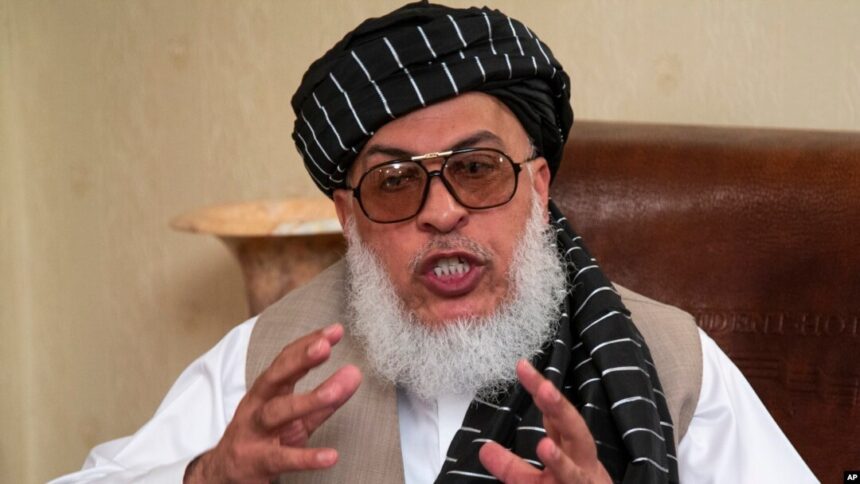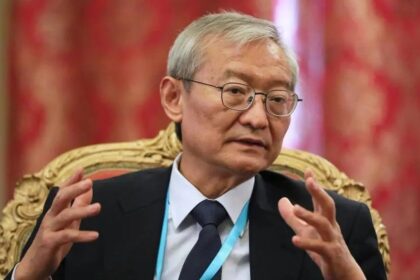RASC News Agency: Abbas Stanekzai, the Taliban’s Deputy Minister of Foreign Affairs, has conceded in a recently released recording that the Taliban leadership is divided over political issues. Stanekzai characterized these disagreements as efforts toward “societal reform,” emphasizing that any actions aimed at improving the public are commendable. During a coordination meeting involving the Chamber of Artisans, the Taliban’s Ministry of Information and Culture, and Kabul Municipality, he urged the Taliban to act judiciously to preserve their authority.
He cautioned that failing to exercise caution could lead the group to confront “unpleasant outcomes.” His remarks come amidst reports of increasing internal discord within the Taliban, particularly surrounding the implementation of the “Amr bil Maroof” (Vice and Virtue Law) laws, which have provoked significant dissent. Previously, reports indicated that the ratification of these laws had triggered conflict among senior Taliban officials, with some openly opposing them. Earlier, Sirajuddin Haqqani, the Taliban’s acting Interior Minister, publicly denounced the monopolization of power, authoritarianism, and the imposition of ideologies on others, asserting that such practices are intolerable.
The primary division appears to stem from the power dynamics between the reclusive Taliban leader and certain cabinet members in Kabul. The Taliban’s leadership predominantly operates from Kandahar, and according to sources, some cabinet members including the head of the Amr bil Maroof Department and the acting Minister of Higher Education are pursuing their own agendas aligned with the leader’s directives. This agenda includes banning education, employment, and learning opportunities for women, as well as declaring that even a woman’s voice is deemed “impure” when heard by another Muslim woman.






